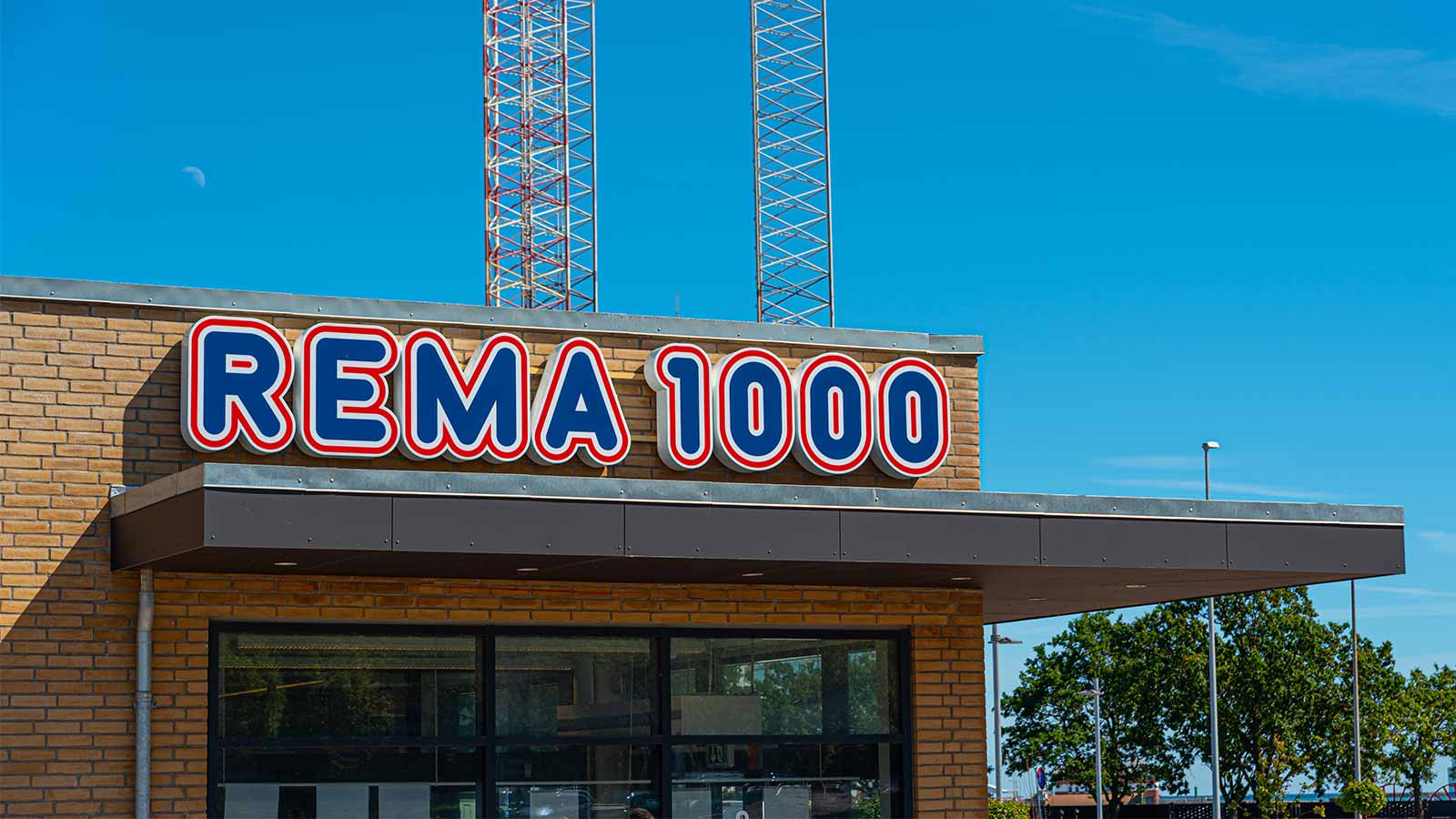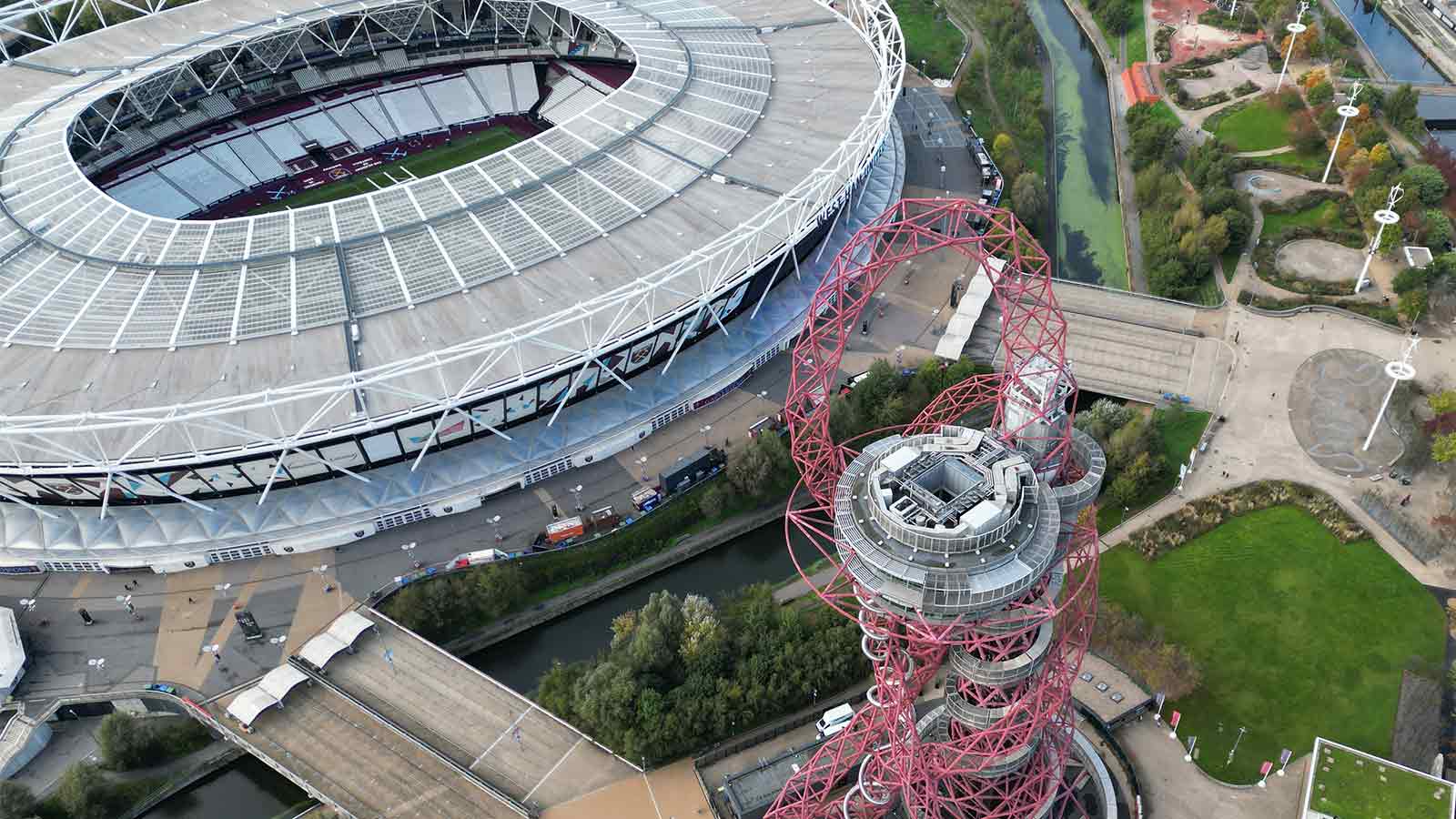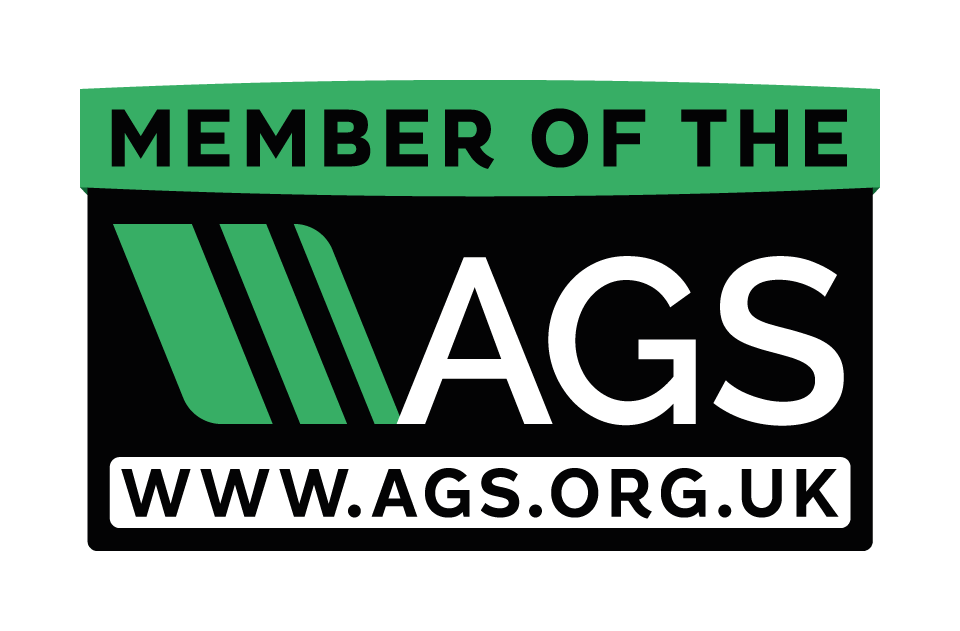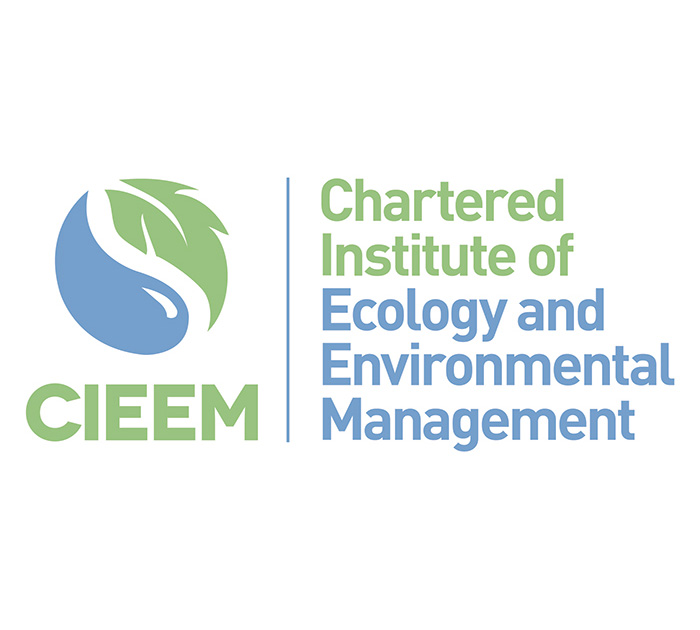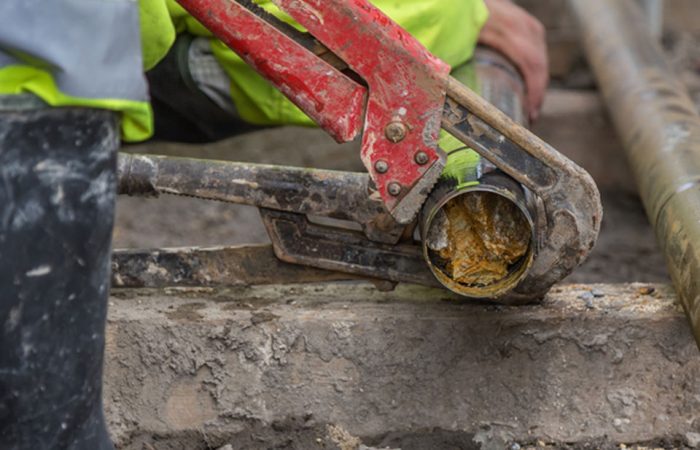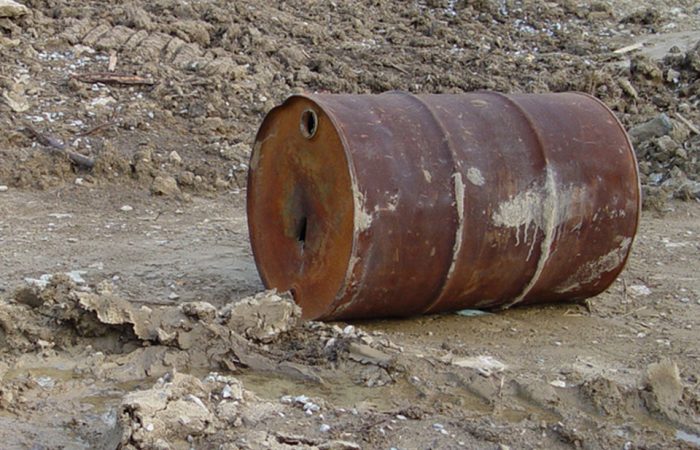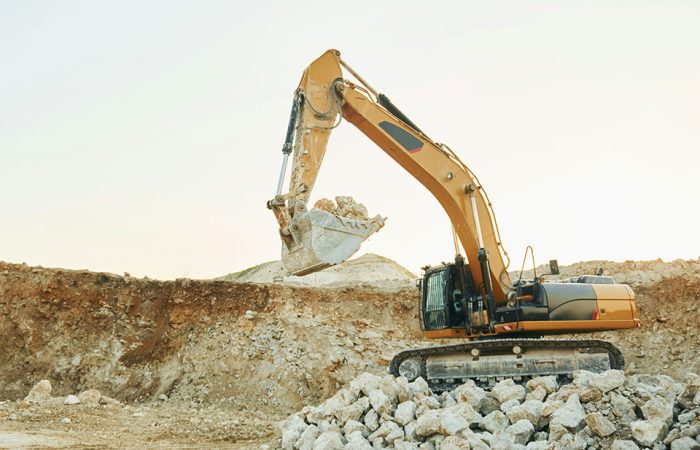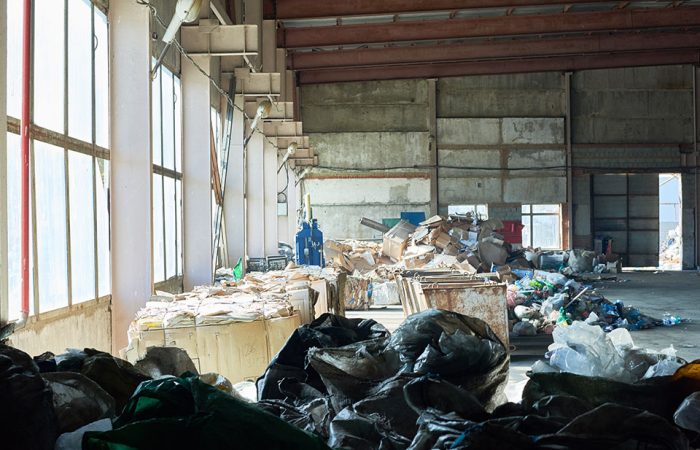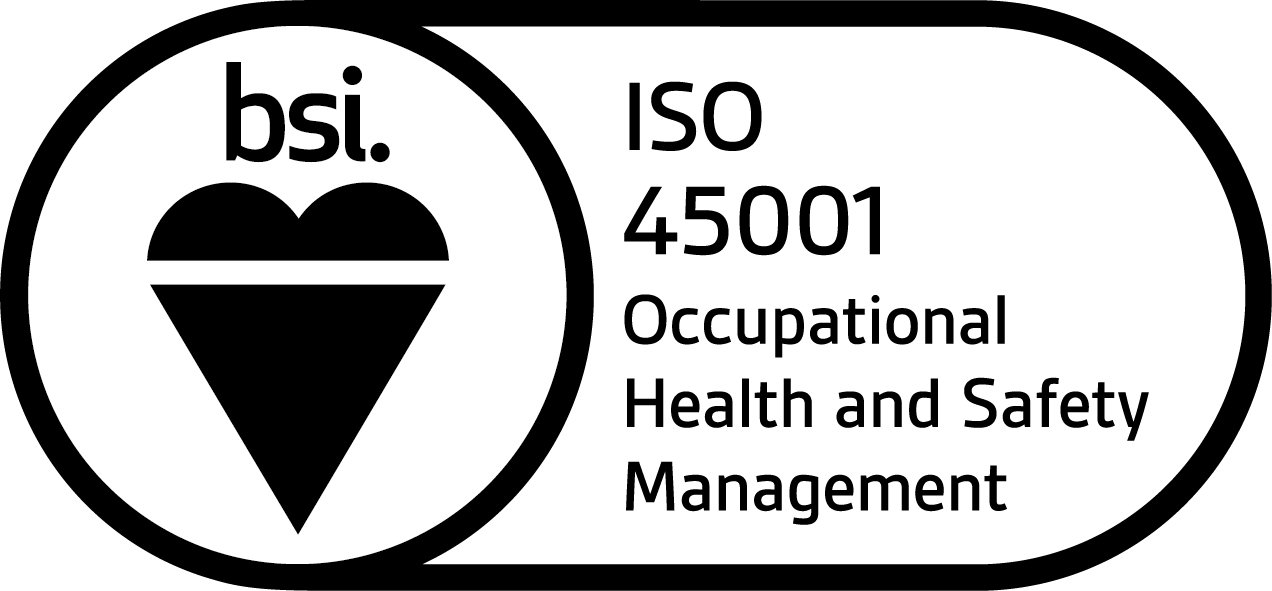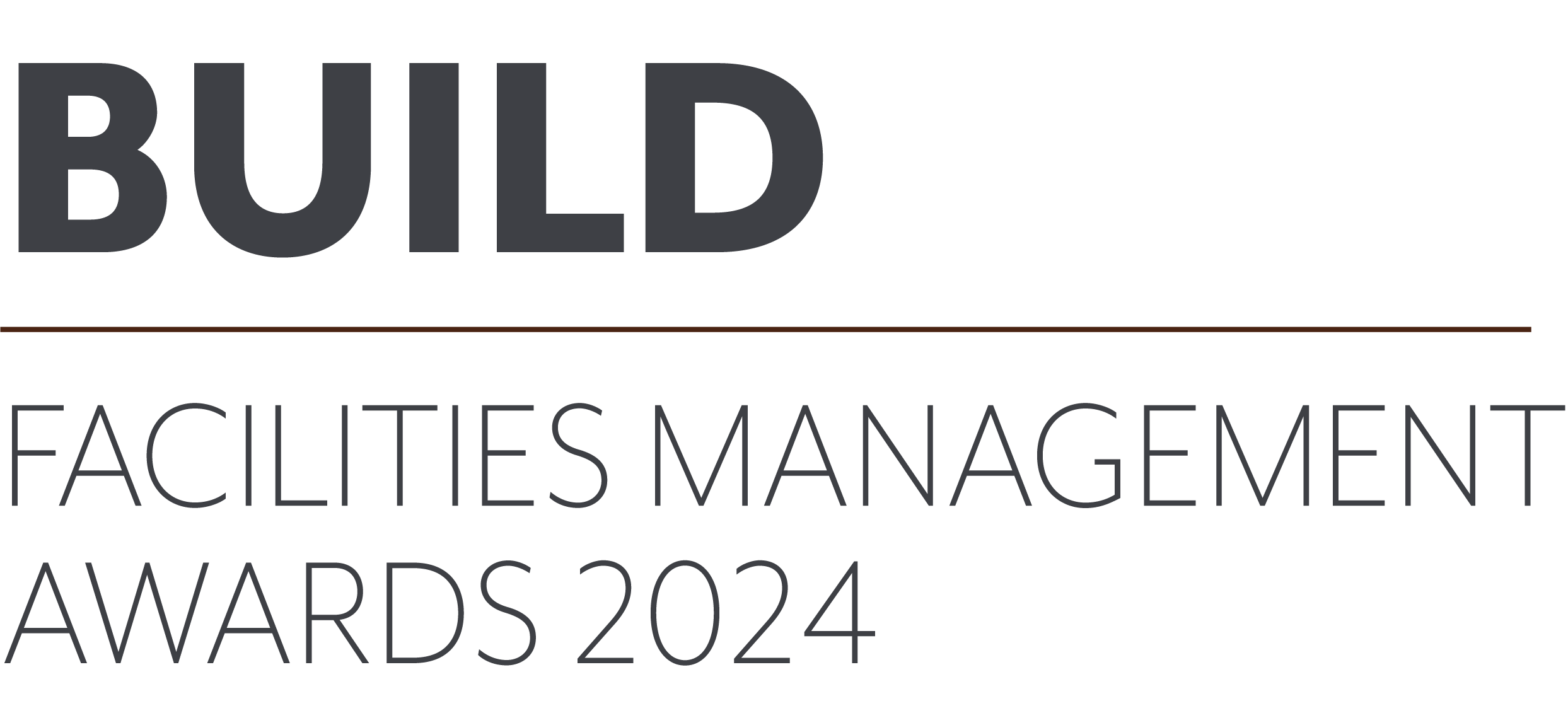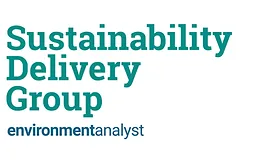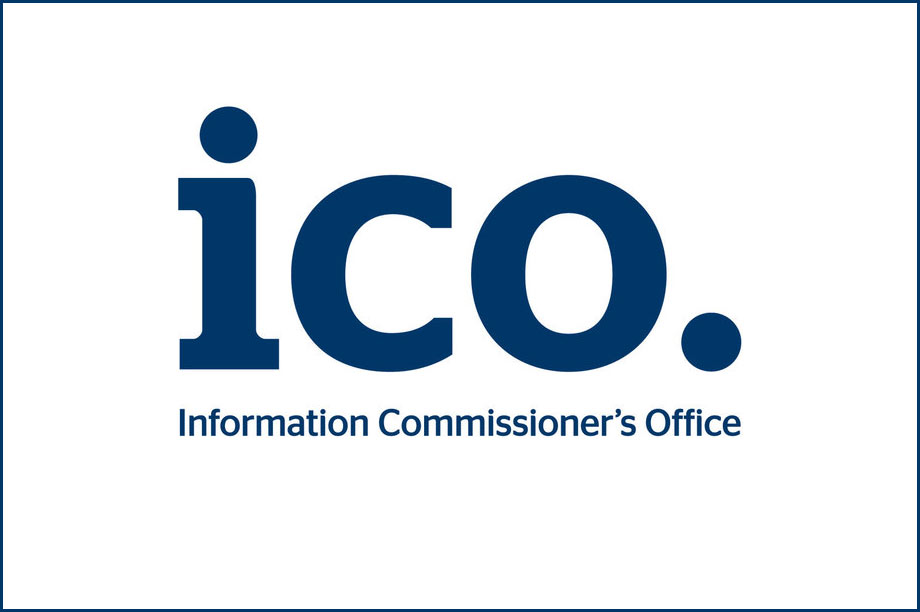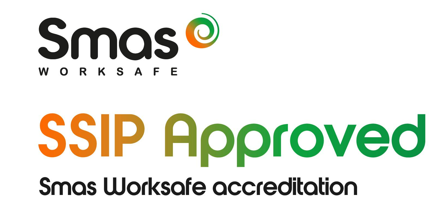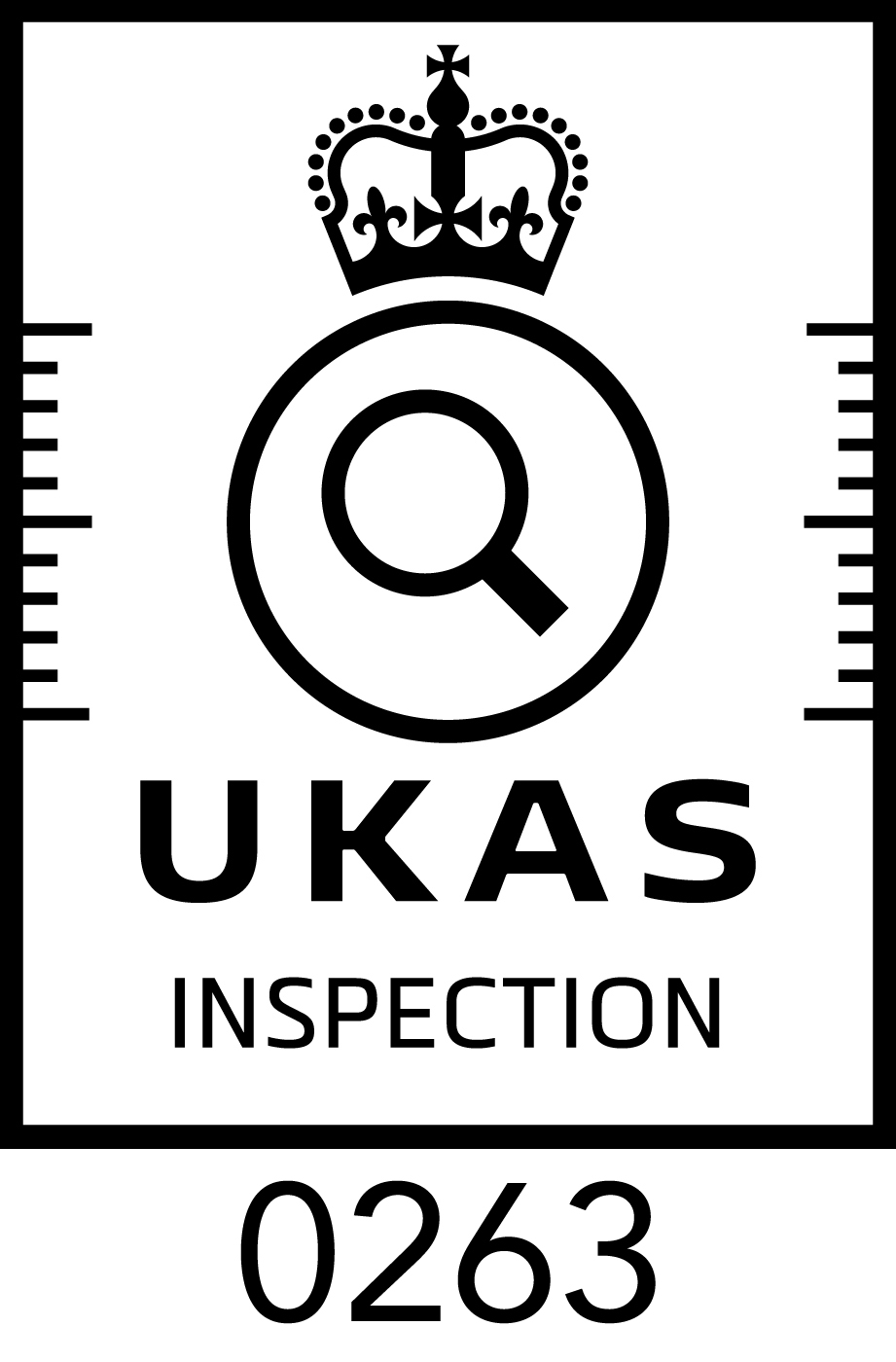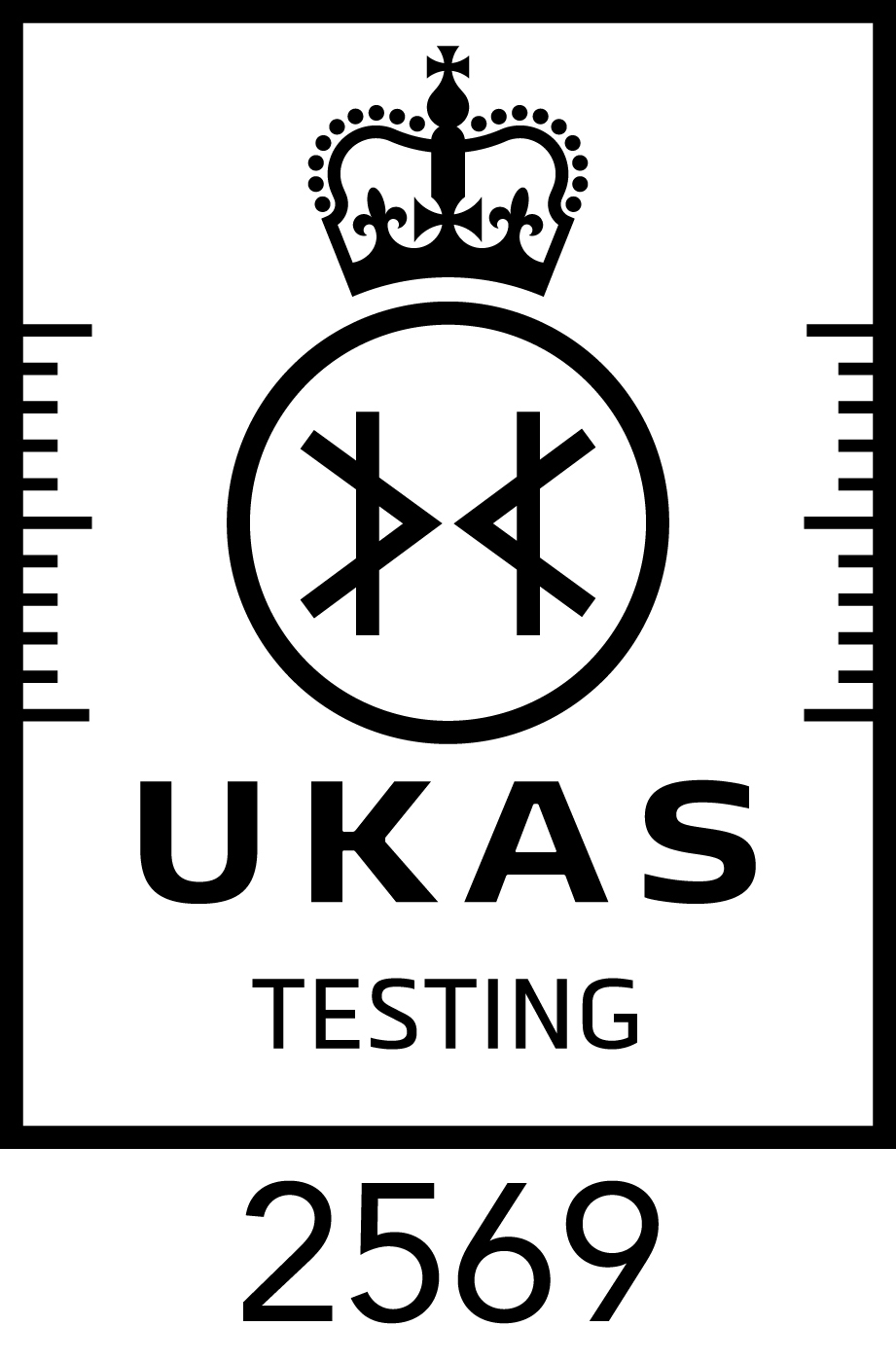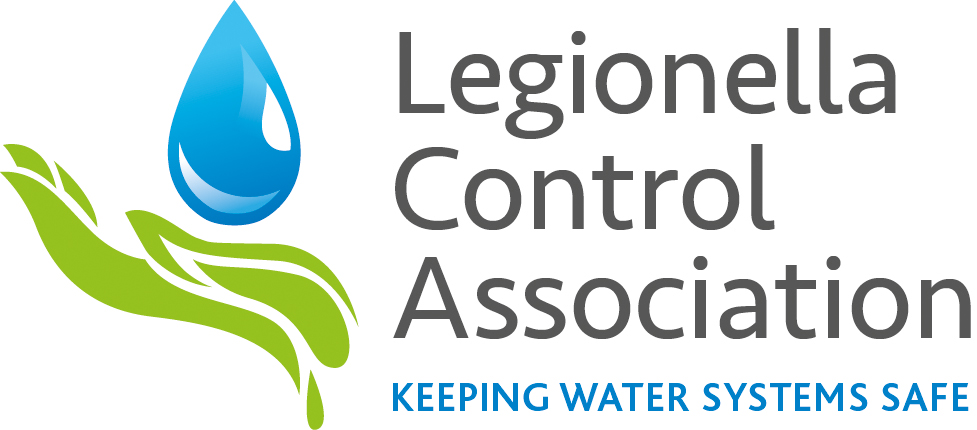Expert advice and due diligence for property transactions and development projects. Identify and manage environmental, geotechnical, and planning risks with Lucion’s comprehensive site development transaction support services.
Acquiring, disposing of, or financing land and property assets involves complex legal, technical, and commercial considerations. Lucion’s site development transaction support services provide you with the expert advice and due diligence you need to make informed and robust decisions, ensuring that potential risks and opportunities are properly identified, assessed, and managed.
Our team of experienced professionals works closely with you, your legal advisors, and other stakeholders to provide comprehensive support throughout the transaction process.
We offer a range of services tailored to your specific needs and circumstances, including:
Environmental Due Diligence for Redevelopment (EDD)
We help you understand the implications of potential ground contamination and ground conditions through data room review, site assessments, and targeted interviews. Our clear commercial and financial advice, including liability/cost estimates and input into financial modelling, helps you achieve value and understand risk.
Pre-Acquisition Opinion Reports
We provide preliminary assessments of sites and initial opinions on constraints and opportunities to help assess site value and identify areas needing further assessment prior to exchange or completion. Our assessments cover ecological, demolition, flood, ground conditions, and land contamination/remediation issues.
Site Investigations
When desk-based activities identify unacceptable risk, we work closely with you to advise on the necessary level of intrusive investigation during typical due diligence timescales. We offer fast-track investigations, short-form reports, and assistance in negotiating retention monies and completing works post-transaction.
High-Level Abnormal Development Appraisals
Our High-Level Abnormal Development Appraisals (HILDA) tool models common dereliction and remediation requirements and generates budget costs to support your site valuation when limited data is available. This tool provides a range of potential dereliction, demolition, and remediation costs until more detailed information is obtained.
Post-Acquisition Development and Planning
Support We have extensive experience supporting clients through the planning process to successful redevelopment. Our services include site appraisals, feasibility studies, planning advice, and coordination of technical matters to ensure your development proposals are robust, deliverable, and sustainable.
By partnering with Lucion for your site development transaction support needs, you can proceed with confidence, knowing that you have the expert advice and due diligence necessary to make informed decisions and maximise the value of your land and property assets.



